Specifications
| book-author | Michael Grahame Moore, William C. Diehl |
|---|---|
| publisher | Routledge; 4th edition |
| file-type | EPUB |
| pages | 606 pages |
| language | English |
| asin | B07H7JMZD8 |
| isbn10 | 1138239003 |
| isbn13 | 9781138239005 |
Book Description
The Handbook of Distance Education; 4th Edition (PDF) is a comprehensive compendium of research in the field of distance education. The ebook is divided into 4 sections covering the historical and theoretical foundations of distance education; attributes of teaching and learning using technology; administration; management; and different audiences and providers. Throughout; leading scholars address future research needs and directions based on established practices; current research; and recent changes to the implementation; pedagogy; and policy.
NOTE: This sale only includes Handbook of Distance Education 4e in PDF. No access codes included.


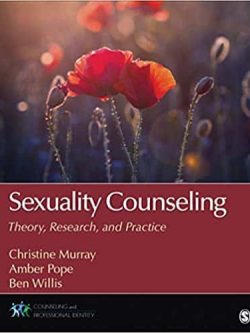
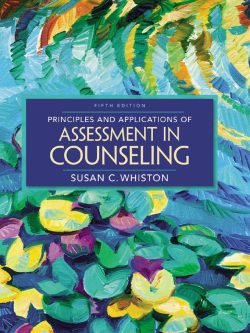



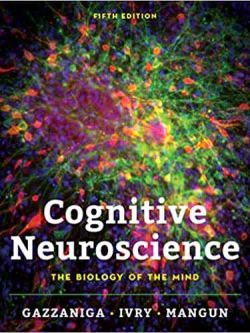
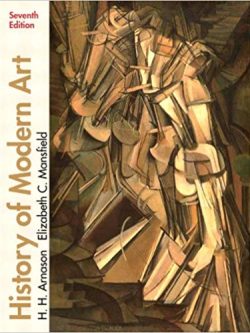
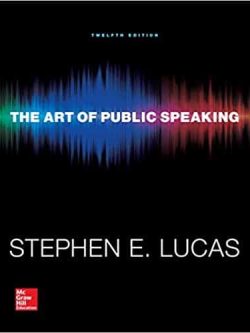


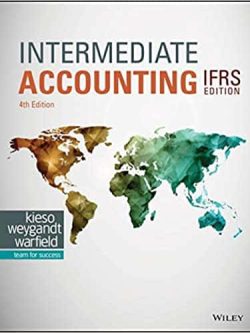
Reviews
There are no reviews yet.